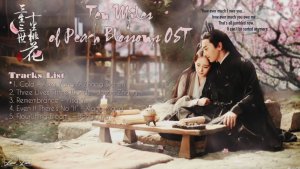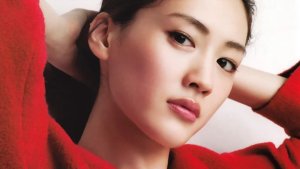 Ultra Fan Guide to Ayase Haruka
Ultra Fan Guide to Ayase Haruka
The attitude towards children without parents which is portrayed in Korean dramas is dramatic. Often there are statements about how bringing up a child that is not related by blood leads to misfortune. This article points out only two aspects which could be part of the complex answer to the question of why Korean society may hold this opinion. However, there are a few heartwarming examples in Dramaland which promote reverse attitude.
CAUTION: Tiny spoilers for Mother, Healer and Cinderellas Stepsister ahead!
The first character in a Korean drama that I thought expressed the right thoughts about this topic was Yeong Shin in Mother when she said:
"There are people out there who think one must give birth to a child to be a mother. But a woman becomes a mother when she gives her everything to a smaller creature."
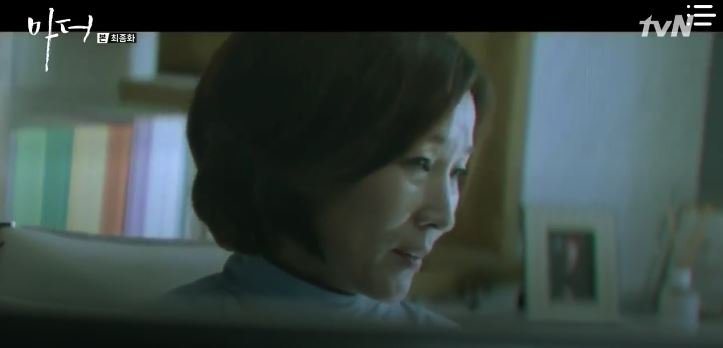
However, this is a rather modern approach. Old traditions are still stuck in the mind of the people. The root of this sad stance is found in Korean traditions.
Confucian teaching
The traditions are influenced or even based on Confucian teaching. In this theory, a family is defined as a community-related by blood. The hierarchy of a family is strictly defined and every part of it has to follow certain rights and responsibility. So children have to be absolutely and without exception obedient to their parents, because only obedient children can become trustworthy and honourable citizens. These responsibilities remain unchanged even when the parents have died already.
In conclusion, a child can never accept another person as a parent other than their blood-related ones. Therefore, they will never fulfil their duty towards their adoptive parents and moreover may even continue to follow the example set by their dead parents, even if they were criminals.
In Dramaland, there are still amazing adoptive parents who do not think about things like this, for example, the father of Chae Yeong Shin in Healer.
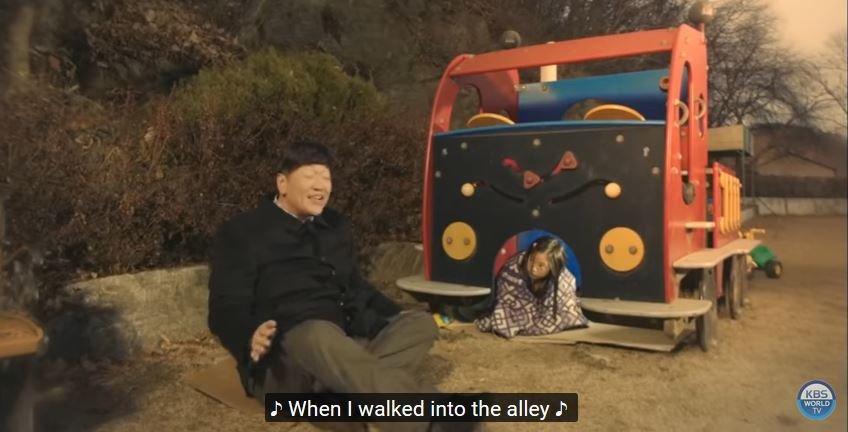
In an orphanage, he finds a little girl with obviously an awful family background, but he does not hesitate to spend hours in front of the hideout the girl refuses to leave and sings for her until she starts to soften up. He and his wife gave a cosy home to a foreign girl and never regretted this decision.
Legislation
"Korean citizenship was not, and still does not, get conferred simply by being born within Korean territory, but is conferred by jus sanguinis (right of blood), a principle of nationality law by which citizenship is not determined by place of birth, but by having one or both parents who are citizens of the state" (source: Huffpost.com). Moreover, until 1998, a Korean man had to add the child on his family register to verify his fatherhood; otherwise, the kid was not acknowledged as a Korean citizen which caused a lot of problems for them when it came to school and job applications. So single mothers were basically blocked from building a future for their children. Therefore, a child of a single mother was in an even worse position than a "full" orphan and it was most important to find a man who would register the kid.
Maybe that is why in older K-dramas single mothers often abandon their children or seem to care more for the children of the new husband, such as is in Cinderella's Stepsister. Eun Ju's mother is too weak and selfish to stand by her daughter's side - to protect or discipline her own child. She only cares for the daughter of her new man. The heartwarming part is covered by the new husband. 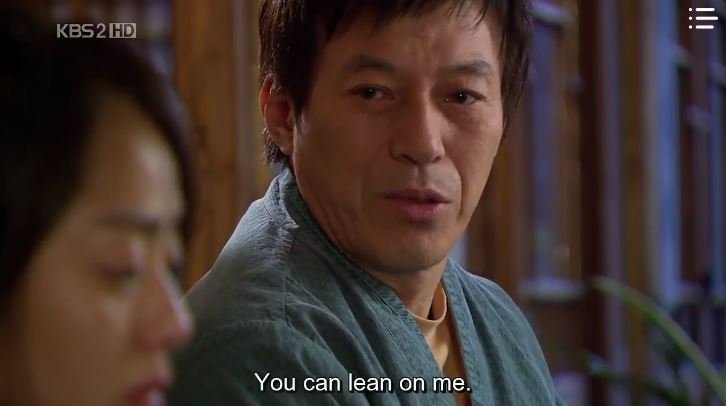 He notices that Eun Ju is lonely and tries hard to stand upright but obviously feels lost because she is too young to walk her way alone. It is not her mother who cares about her. It is her stepfather who starts to take care of her and become her important attachment figure.
He notices that Eun Ju is lonely and tries hard to stand upright but obviously feels lost because she is too young to walk her way alone. It is not her mother who cares about her. It is her stepfather who starts to take care of her and become her important attachment figure.
Substitute Family
My mother said: "We cannot choose family, but we can choose the people around us and grow together." When all persons related give their everything to each other, it is possible to find a sister, a brother, a grandma, etc.
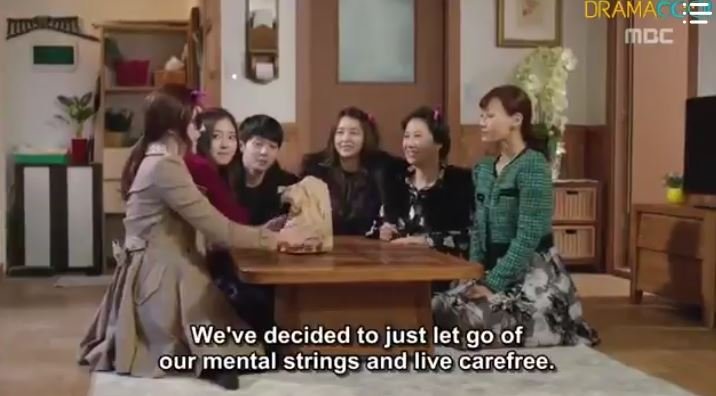
Of course, this idea is a bit utopic but I really like the idealistic thought. I feel really warm when there are these kinds of patchwork families in dramas. Think about it, at least for children this should be possible.


